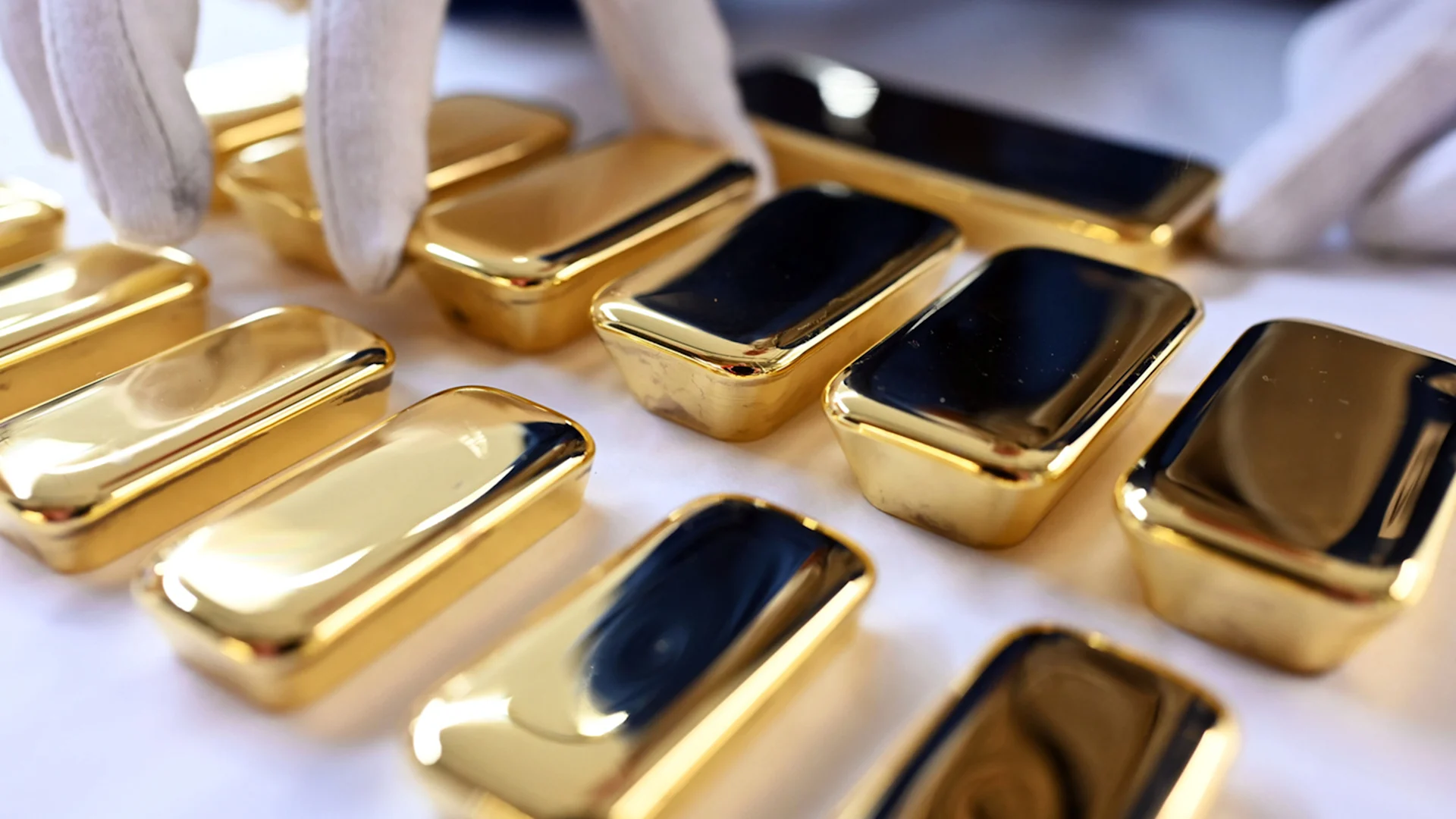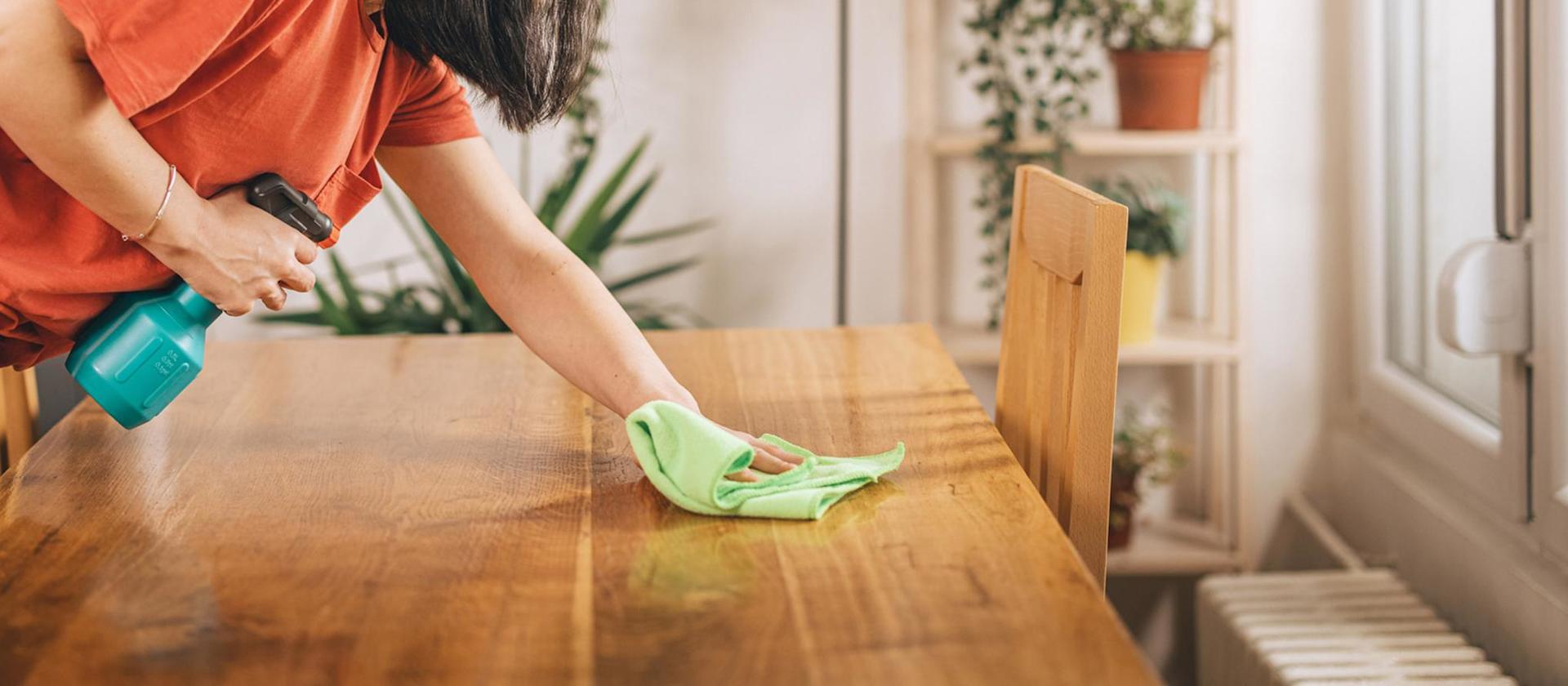
Migros Bank
What does 2026 have in store on the stock market?
If the AI bubble bursts, will the gold price rise even higher? Sacha Marienberg ventures a forecast for 2026.
navigation

Migros Pioneer Fund
Refurbishing instead of throwing away: how to breathe new life into your favourite wooden pieces with simple household remedies.
A hot teapot is briefly placed on the wooden table without a coaster – and that’s all it takes for a white ring to appear on the wooden tabletop. The heavy vase on the sideboard tips over – oops, now grandma’s heirloom has a scratch! The patina that accumulates over the years is part and parcel of real wood furniture. But if the stains bother you, there are simple ways to get rid of them quickly.
Light-coloured water stains and marks can be removed with toothpaste. It is important to use toothpaste that is entirely white here. Put a little on a cloth and rub it gently over the stain until it disappears. If you want to enhance the effect of the toothpaste, you can mix it with baking soda. Important: Do not use microfibre cloths as they cause small scratches in the wood. Cotton cloths are better. If you’re wondering where to get a cotton rag, it's best to reuse old T-shirts and duvet covers instead of throwing them away.
A simple tip, but patience is required here. Blow-dry the stained area on a medium setting, taking care not to hold the hair dryer directly the stain. Over time, the water should evaporate due to the warm air. In the case of dark spots, it’s probably too late for this remedy. This means that the water has already penetrated into deeper layers of wood. Sanding might be your only option at this point.
The best remedy for small scratches. Rub an (unsalted!) walnut kernel on the affected area. Rubbing the kernel on the area transfers the oil within the walnut so that it fills in the small scratches in an instant. You can then polish the wood surface with a cotton cloth and it will appear as good as new. Caution: it is best to test on a small area first before using the walnut on an entire piece of furniture. It is possible that the treated surfaces may darken slightly.
“Untreated wood can be easily reconditioned using a mixture of soft soap and water,” says Eva Bucher. As part of the Migros Pioneer Fund "Make Furniture Circular" project, she researched various methods of making furniture materials more durable. To create the soap suds, mix 80 millilitres of soft soap with 100 millilitres of water and apply with a cloth. “The process ensures that the fibres in the wood straighten up again and small dents close up.”